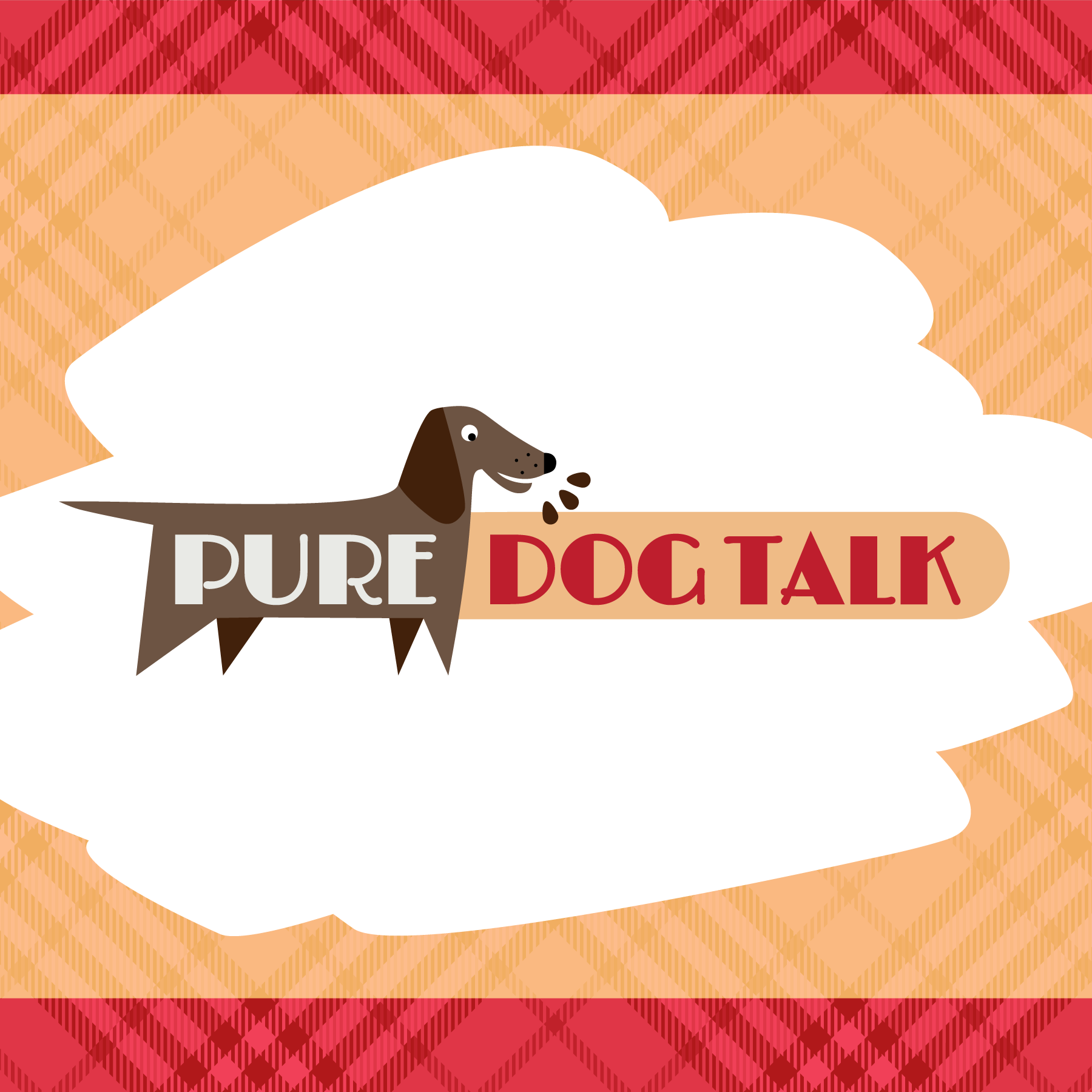162 – Veterinary Voice: Health Testing 101 with Dr. Marty Greer
VETERINARY VOICE: HEALTH TESTING 101 – DR. MARTY GREER
Dr. Marty Greer, DVM, JD returns to our Veterinary Voice series to talk about health testing for our breeding programs.
Using testing to improve our dogs’ overall health involves looking at both “phenotype” — diseases we can test for with xrays, blood or other physical exam — and “genotype” — those diseases identified by DNA testing.
Dr. Greer also provides some great input on the various DNA tests cropping up all around us. These tests, all spinning off from the identification of the canine genome, provide breeders, exhibitors and pet owners with a plethora of options for naming everything from the mixture of breeds in a shelter dog to the specific heritable genes for deadly diseases.
One of Greer’s primary points, which we’ll touch on again next week in our podcast with Dr. Jerold Bell, is that these health testing options provide breeders with the ability to *expand* their gene pools. Scientifically identifying a dog as a carrier and another as a non-carrier of a specific disease gene, for example, enables breeders to breed those two individuals with the assurance that none of the resulting progeny will be affected by the disease in question.
Many of our dogs are impacted by polygenic diseases, in other words something like hip dysplasia, for which there is no DNA test because it is predicated on more than one simple gene pair. Nonetheless, the future of breeding healthy dogs is made profoundly more “user friendly” with the available testing protocols for those who use them wisely.
“So, the tricky part, and I think the really hard part for people that as breeders are running these tests are for them to try and decide how to use that information in their breeding program,” Greer said. “… I see a lot of breeders who are so distraught about finding a genetic defect in their dog or in their line of dogs that they will throw out a whole line of dogs genetically. They will just stop breeding that whole line and it is narrowing and bottlenecking our gene pools even further than a lot of the breeds already are. So, we have to be really careful how we interpret and use those results.”
BREEDING DECISIONS
Greer goes on to discuss various health concerns and how those should apply to making breeding decisions.
“So, I tend to rank, personally, genetic diseases on a ranking of one, two and three, because you can’t treat them all the same,” Greer said. “So, things like an umbilical hernia, or an extra eyelash, you fix it once surgically, it is corrected. …the reality of it is those are not life-threatening diseases … Ranked two are things like allergies and thyroid disease, which require chronic medications. They always have to be on medication for those diseases if they have them. … And then ranked three are the things that are life-threatening, life-altering, life-changing diseases, and those are arthritic changes like hip dysplasia, seizures that are life-threatening, and, frankly, bad temperament in my opinion has the same categorization because some of those dogs have such bad temperaments that they bite people and that’s life-changing, life-altering and life-threatening. … I want to kind of frame it so people understand that not all not genetic diseases are the same, not all should be treated equally, and we have to really be thoughtful about how we use this information in breeding programs.”
The judicious and thoughtful use of health testing results and criteria in breeding healthy dogs presents almost a continuum of application in Greer’s experience. Potentially unhealthy dogs with no testing on one end and dogs with extensive testing but a potentially limited gene pool which may entrench diseases at the other end of the spectrum.
“…the Dandie Dinmonts, the Otterhounds, these people with small gene pools can serve as models for other breeds,” Greer said, “because even Labradors and Golden Retrievers are narrowed pools compared to what we have seen in the past. So, absolutely we need to be looking at these kinds of opportunities to perpetuate our genetics and not breed ourselves into such a bad corner that we end up with everything having a genetic disorder that is insurmountable, because some of these diseases are pretty serious and they become very ubiquitous in a breed.”



